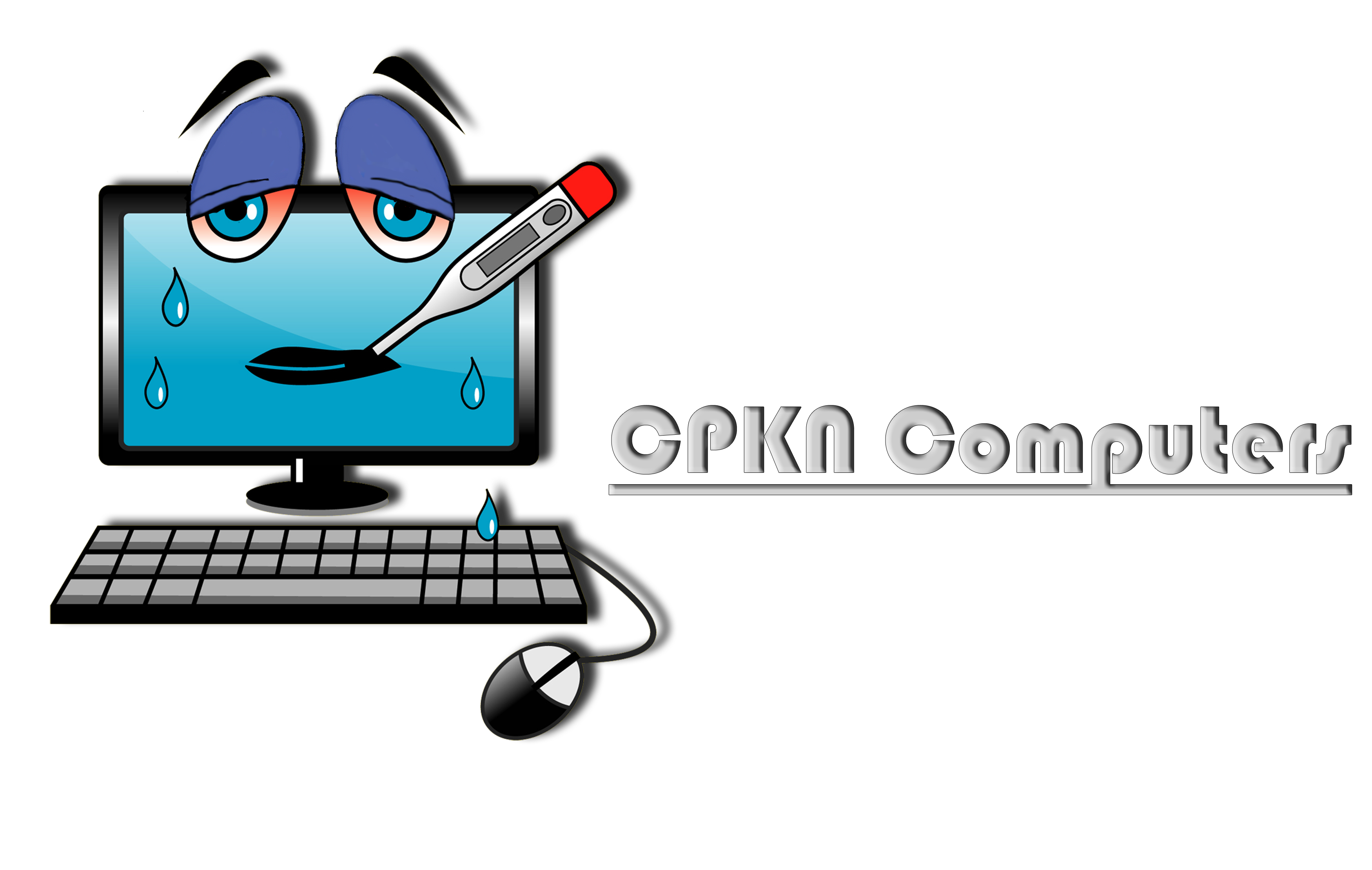Hello Everyone.
Today we want to talk about Password Hacking.
As we move more and more into the digital age, we find ourselves using technology and computers more and more with everyday activities.
Since the age of hackers emerged, we have seen more and more attacks on you and everything around you. These cause damaging results to everybody, Money Taken, Identity Theft, Ransom for your Computer back, Abusing Secure Sites you visit and lots more. They do all this by finding vulnerabilities, one of which is your Password.
Without the proper type of password, you will find yourself being taken over by hackers. It is good practise to use different passwords for each place you visit, and change the password once per year. With so many secure areas you find on a computer, it’s tough to keep up with remembering each and every password, changing them all every year, so what can you do? Well, there are ways to deal with it, but you should keep doing what you are doing but do safe web surfing, don’t tell anybody your pin or password EVER!
So how they get you.
ATM
For your banking at an ATM, hackers use skimming machines that are placed onto the ATM, some even use micro cameras or even obvious ones to pick up your pin then rob you of your card later.
When using your ATM, cover your typing, before putting in your card, check to see if there is anything strange on the ATM that you have never seen before, especially if you always use the same ATM in your life. If something looks suspicious, go into or call the bank and ask to see if that’s supposed to be like that.
More bank cards these days use RFID/NFC (Radio Frequency Identification/Near Field Communication) chips to pay for things by touching your card to an EFTPOS machine and such.
Hackers/Thieves can use RFID Scanners to “skim” your card details off the card and gain access to your bank details. This may concern you but don’t be alarmed, your bank monitors your accounts and pin point irregular activity and stop it.
You can get wallets that have a RFID blocker. Touching Technology makes our lives quicker and can be very convenient and nothing is 100% safe and nothing should be considered faster to hack either.
Hackers and Thieves put the time and effort to get their payday one way or the other and will eventually get you no matter how hard you try to avoid it. It is luck and taking precautions that will save you from the chaos. Remember, they can cut you out of the picture to get things from you.
Physical hacks also occur. There has been a hack where clear tape has been put into the money feeder to block and hold your money, so when you go get money, you do everything as normal, and when the time comes to get your money… nothing. Then the crook goes and rips out the tape with your money on it.
Computers/Mobile/Internet
Many average users, especially those whom use their computer for themselves and mobile users have no password protecting their Computer/Mobile. It is much quicker to access your computer/mobile without a password but you ARE leaving it to those whom steal it to get more than you bargained for.
Personal pictures, videos, documents and access to your Internet history, contacts, SMS messages, you name it is right there for the picking. Usually users will have accounts “remember me” so you don’t have to keep entering your username and password for your Facebook, YouTube or Email etc. For password protected Computers or PIN protected Mobiles, it can be simple for professionals to access your computer, usually, Pros find IT services to pay to get in or pay a hacker to break in and not lose too much out of it, but this is risky nevertheless and can set alarms off by the professionals. Luckily it is not as simple for Mobiles. Usually for mobiles, your information will be destroyed in order for your thief to be able to do something with it.
The Internet, you face many ways for a hacker to obtain your password.
- Phone: Some scams involve obtaining your phone number and pretending to be someone they are certainly not. The big one going around currently is the Microsoft Scam. People pretend to be Microsoft Support and inform you of strange activity on your Computer and they need to check on it. They will prompt you to take steps for them to gain access to your Computer, and by the time you find it looking strange and not doing what they said they were going to do, they have installed viruses and taken your personal information. At no point should you take any calls from people claiming they need access to your computer if you are not expecting it.
- Email: Hackers will try to exploit you by sending emails about various things that lead you to replying with personal details or links to take you to a place to fill out personal details. Hackers even attempt to mimic companies to convince you of the legitimate request for details. Examples of impersonations, Facebook, Gmail, Hotmail, YouTube, Banks, Police. If you get funny looking emails that request you to reply personal details or click on a link, do not do it! If you are unsure, find another means to contact the sender and ask if they sent an email that matches your suspect looking one and see if it’s real or fake. If fake, report it to them and your Email Service if they have a reporting service, then/or delete.
- Viruses/Malware/Fake Websites: Your browser with/or Emails can be used to obtain your passwords and other information. You may want to download something, but what you may not know is it could contain something that gives hackers access to your computer and try to do what they can to steal your information. Some viruses help your browser link to fake websites that you fill your personal information with, and when I mean fake websites, I mean they look like Facebook, your favourite News site, or even your Internet banking website, basically whatever you go on, it may look normal, but it really is a copy of the site that the hacker can view you entering your info on then goto the real site and gain access.
- Direct Source: At the end of the day, your security also lies with the people you use it on. Hackers CAN and WILL try to attack Website Owners or Government Departments or Banks to get your details without using you. They will find the stored Username and Passwords and sell them for others to use against you. This happens a lot and some companies do openly admit it. Sony Playstation in 2011 was hacked and many Gamers had their details stolen. As much as they tried to be as secure as they can, nobody is and talented hackers will always find a way.
- Manual/Brute Force: The most rigorous of them all, manual password cracking or brute force. There are many who have used common passwords that a hacker can figure out, especially those who manage to obtain partials and figure out the rest. The Common way they do it is cracking the encrypted passwords using Brute Force to pry open and reveal your password (used with Direct Source and Modems/Routers). The Manual way uses software to help automate the deal, it can be used to break into your home or businesses Modem or Router to use your internet or gain access to your computers through the network.
With cracking your password, here is a little statistics that many researchers show (this chart is not 100% due to many factors that may alter it)
The following password types and how long it MAY take to crack:
- 8 Characters, all lower case – 208 sec or little over 3 minutes
- 8 Characters, atleast 1 upper case – 14 hrs
- 9 Characters, atleast 1 upper case – 32 hrs
- 9 Characters, atleast 1 upper and 1 digit – 6 months
- 10 Characters, atleast 1 upper, 1 digit – 26 yrs
- 11 Characters, atleast 1 upper, 1 digit – 1650 yrs
- 11 Characters, atleast 1 upper, 1 digit, 1 symbol – 69,000 yrs
- 12 Characters, atleast 1 upper, 1 digit, 1 symbol – 15,000,000 yrs
Just 1 strong password can save you from hackers and remembering different passwords for various places. Remember, many factors can alter these numbers.
The next wall to have is “2-step Verify”. This should be activated where possible. This process is used in combination with your user and password. When you enter them in, you will get a SMS, email, phone call or a app authorized code to enter as the 2nd step to access your account. Some would say its a pain as it’s extra time, but these days, it’s well worth the time, really, an extra 2-5 seconds of your life. With extra security questions, it makes it extra hard for hackers to use things like “Social Hacking” (research you, pretend to be you).
Having a password for each place is also the biggest wall to have. But of course it’s annoying to try to remember them all. Simple thing is to have a list that you can have ready with all the sites and passwords or use software like Norton 360 that has a “Vault” system, this allows you to have a master password that holds all the passwords you have entered, saves the site with the password, then auto-fills as needed. Doing this, will ensure if the place that you use your password on gets hacked, your passwords taken and even hacked, you will only have to worry about just that place being hacked with your password and a simple password change guarantees security.
So if you take precautions, surf the web safely, use passwords on your computers and mobiles, use good quality Anti-Virus and Security programs (we highly recommend Norton 360) then chances are, you may never be apart of the statistics of “who has had their information stolen”.
With CPKN Computers Clean-Up/Tune-Up, we check to make sure your computer is running safely. Protection Software is not 100% so it’s a good idea to take the advantage of the C & T to be sure you are safe. C & T should be done regularly, atleast every 3-6 months depending on the circumstances, but more frequent, the better.
Check the Home Page for any Specials we may have to save you money. Regular Clients will always get their 4th Clean and Tune FREE!
Any questions, please feel free to ask.

